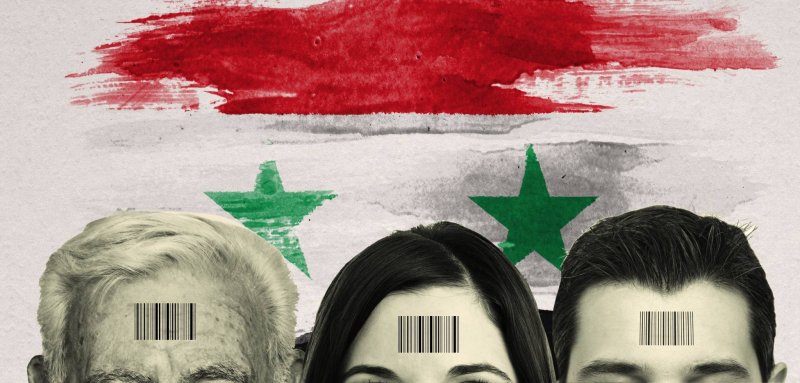Unfortunately, everyone has a stereotype of the other, regardless who the other is, whether the other is from a different family, a different city, a different religion, a different country.
Stereotyping is made subconsciously, we see people as part of an image existing in our minds.
When I came to Germany, I tried to fight Germans' stereotyping of refugees, but over time I found that I stereotyped "the other" no matter who it was - Aleppans, Damascenes, Homsis - even Germans. I discovered I had to fight the entrenched stereotype in my subconscious first
I am part of the Syrian community to which you also belong, and maybe we both resemble each other in the way we judge each other through stereotypes.
We, like the Germans, stereotype with its negative and positive aspects, but the difference between the us and the Germans, is that the cornerstone of Germany society is individualism and personal freedom.
I tried to fight Germans' stereotyping of refugees, but over time I found that I stereotyped "the other" no matter who it was - Aleppans, Damascenes, Homsis - even Germans. I discovered I had to fight the entrenched stereotype in my subconscious first
Germans flourish in a society based on individual freedom, the importance of the individual, and independence from the family. Society supports this independence and encourages it through the legislation of new laws to support this, making the individual the main focus of the state, raising entire generations that have adopted the principles of individualism and personal freedom against the dictatorship or dominance of the family.
While our Arab and Syrian societies are family-based, the individual melts into the family. The family is the personal identity we carry, and because of the family system we inherited, our societies are composed of several societies, not just one. Yes, societies because there is not one society in Syria, but multiple societies that have similar structure, customs and traditions but also are attempting to develop in different ways and have distinct customs and traditions.
Syrian society is based on the family as a pillar with its customs, traditions and history, with a focus on shaping the individual within the family. We do not see individuals from a personal or individual perspective, but from a family or group perspective. We do not recognize individual qualities but the collective qualities of the group or family to which the individual belongs. So, if we meet a good person from Aleppo then we say that all Aleppans are good, and if we meet a bad person from Damascus then we say that all Damascenes are bad. Additionally, we use the experiences and history of individuals from our family with the individuals from other families, both good and bad, and attach them to other families or societies.
We carry what our parents or older siblings say about other communities in our memories. For example, the residents of Damascus are very stingy people, though the stinginess in this context means the exercise of extreme caution and the people of Homs are naive people, although naivete can mean in this context wit and humour.
Although we meet many different people that stray from the preconceptions we have, preconceptions based on what we heard from our parents, this image remains in our minds and so the stereotypes are founded about other families or communities.
An important question is whether all humans have the same qualities whether good or bad? Or are they different? Are Syrians homogeneous in all ways? Do all Damascenes share the same traits or are there Damascenes outside the box? Are all refugees criminals or are they all victims?
Do we resemble our siblings and family members or are we different from them and have our own good or bad qualities?
By addressing these issues, we are aware of the stereotyping. Who are we after all? Let us think and resolve our crisis.
Raseef22 is a not for profit entity. Our focus is on quality journalism. Every contribution to the NasRaseef membership goes directly towards journalism production. We stand independent, not accepting corporate sponsorships, sponsored content or political funding.
Support our mission to keep Raseef22 available to all readers by clicking here!
Interested in writing with us? Check our pitch process here!



